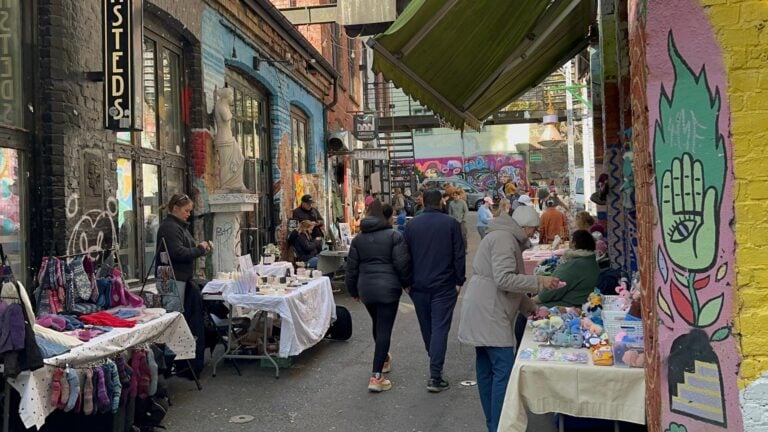In a move that's expected to be approved by parliament, Norway has announced plans to reform the second-hand trading law to boost sustainability and help people start businesses in the circular economy.
This regulatory relief comes amidst growing concerns over the environmental impact of textile consumption, with Norwegians importing 88,233 tonnes of clothing and shoes in 2022 alone.

The existing law, deemed outdated by many, has been a major hurdle for businesses dealing in used items, including clothes, furniture, consumer electronics, and sports equipment.
The Law on Commercial Activities with Used and Discarded Items, more commonly known as the ‘second-hand trade law', was initially passed in 1999 and last amended in 2015.
It required rigorous processes for second-hand stores, including mandatory police approval, detailed logging of all items, and a two-week holding period before items could be sold or repurposed.
Lifting restrictions on second-hand goods
With the government's new proposal, these restrictions will be lifted for most second-hand goods, excluding used cars, cultural objects, gemstones, and metals.
The proposal has been met with widespread support and is anticipated to pass with a majority vote. Pending parliamentary approval, the change is expected to take effect from July 1st.
Trade and Industry Minister Jan Christian Vestre expressed his frustration with the current law, emphasizing the unnecessary complications it imposed on second-hand business operations. He described it as “quite hopeless.”
Reform welcomed
The reform is welcomed by advocates of sustainable living and circular economy models, including popular Norwegian personality Jenny Skavlan, who has been vocal about the challenges posed by the existing law.

Skavlan and her team are planning to open their first second-hand clothing store in Oslo and see the upcoming changes as a significant relief.
“We have actually been dreading the bureaucratic process, but now it might be that we don't have to face it,” Skavlan said to NRK.
Skavlan also pointed out the difficulties in competing with new clothing prices under the current system and called for additional measures, such as the removal of VAT on clothes and repairs, to further support the growth of sustainable business models.
Despite concerns from some quarters about the potential for increased fencing operations, the government is confident that the reform will not compromise efforts to combat crime.
Fencing is the act of knowingly receiving and selling stolen goods, transforming these items from illegitimate to legitimate marketplaces.
Minister Vestre assured that the focus remains on fostering an environment where second-hand trade is viewed positively and not with suspicion.
Global problem is far from solved
In an opinion piece, NRK's climate editor Hans Cosson-Eide welcomes the changes but says the volumes of clothes produced in the world “are so staggeringly high that the problem is far from solved.”
He argues that the sheer volume of textile waste, coupled with the lack of infrastructure for recycling and the tendency for surplus goods to be shipped abroad, underscores the necessity of not only rethinking consumption patterns but also investing in sustainable textile management solutions.
The United Nations has warned that the current pace of resource extraction poses a threat to climate, nature, and economic stability, emphasising the need for a shift towards fewer, more sustainable production and consumption practices.

